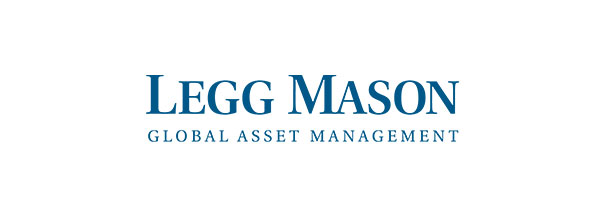InvestNow News – 19th June – Legg Mason – Social and Economic Consequences Emanating from the Coronavirus

15 June 2020 – Patrick Bradley – Senior Vice President, Investment Research
Introduction
There’s nothing prophetic about saying the coronavirus will change the way we live and conduct business. Unemployment will rise, and some of that increase will create permanent joblessness. Some businesses will fail, despite the efforts of monetary authorities and governments to replace the income lost and to stem the spread of the virus. We have to wonder whether or not governments will come under pressure from citizens straining under the lockdown, who have lost jobs, and have found it increasingly difficult to feed their families.
No Conclusion is Too Far-Fetched
Many parts of the world have been under mandated lockdowns and the services sector has been especially hard hit, like restaurants and tourism. Only essential services have been permitted to operate. This has led to protests across the globe…tensions are rising.
In most developed countries, the strength of their institutions will allow a peaceful resolution to the lockdown dissents. However, the same peaceful resolution of conflict in emerging markets (EMs) may be different, where the strength and stability of institutions and government responses to the virus crisis might prevent a resolution of protests or civil disorder. Chart 1 shows the stringency index, a measure of governmental responses to the crisis, including school closings, fiscal stimulus, and healthcare. Arguably, a higher stringency score would be an indication of aggressive country measures to stem the spread of the virus. In this chart, Peru shows the most aggressive policies, while New Zealand has the lowest—the latter has begun to slowly exit its lockdown. Aggressive policies, particularly in EMs, could contribute to social unrest and growing protests, which could exert a negative impact on a country’s economy.
